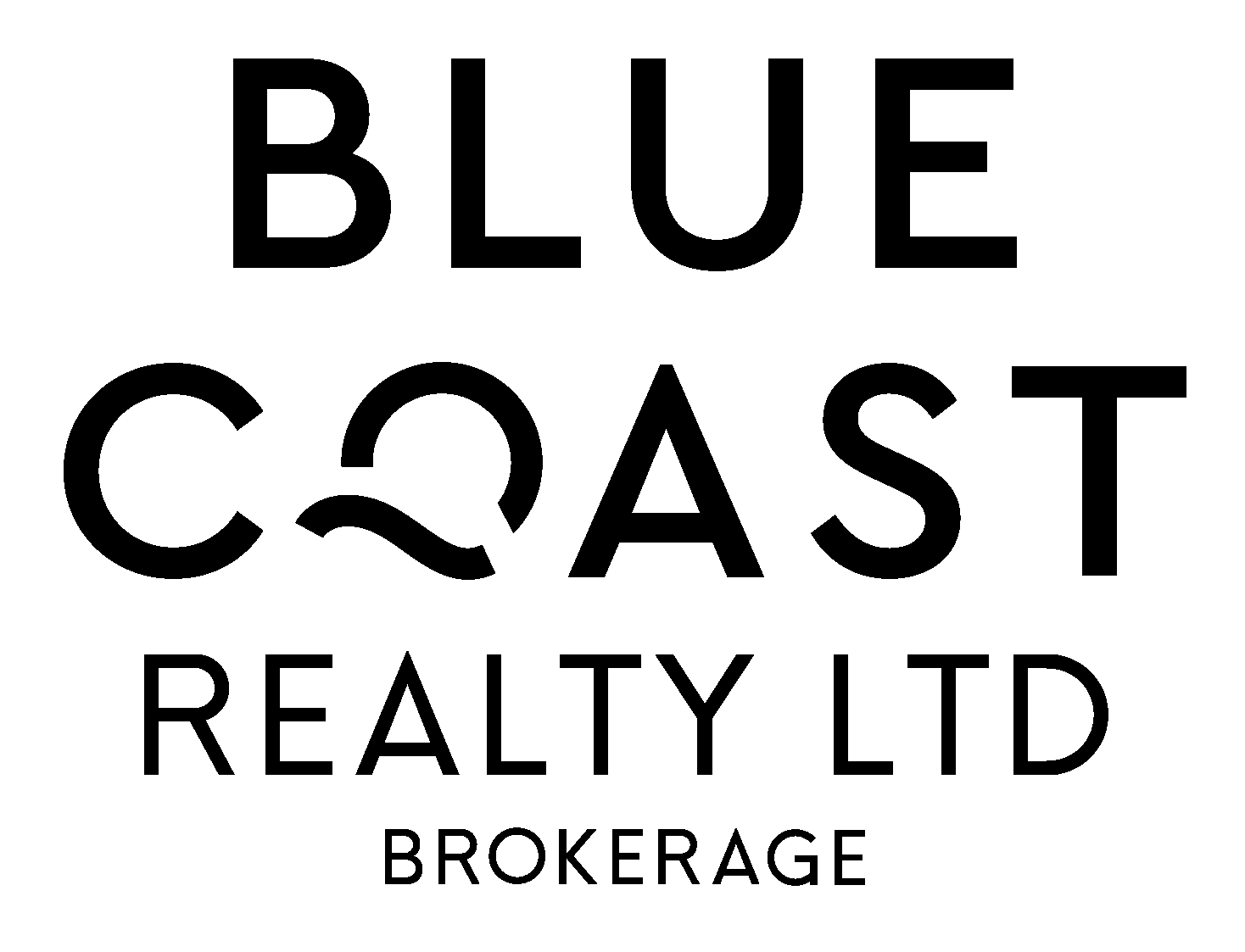
What is the difference between an accountant versus a pop-up tax service?
Knowledge
When tax season rolls around, many people find themselves scrambling to get their paperwork in order. Some opt to use a pop-up tax service, while others choose to work with an accountant. So, what is the difference between these two options? Using an accounting service, with professionals like CPAs, means you're hiring a trained professional who is familiar with the ins and outs of the tax act. An accounting firm will have a thorough understanding of all the rules and can save you a lot of headache.
Schooling
Pop-up tax services are typically staffed by individuals with minimal education. Designated accountants, on the other hand, are better equipped to handle complex tax situations and can provide valuable guidance on how to minimize your tax liability. In Canada, it usually takes around 7-10 years to obtain a designation like CPA.
This designation is the culmination of years of hard work, and includes the completion of a university bachelors degree, the CPA course, the completion of the final exam, as well as 36 months of verified professional experience.
A Chartered Public Accountant CPA is a valuable asset to any business or individual. CPAs are highly trained in accounting, taxation, performance management, and finance, and they are regulated by strict ethical standards. As a result, they can provide an independent and objective perspective on financial statements and transactions.
In addition, CPAs are often well-connected within the business community, which can give them access to important resources and insights. Moreover, CPAs are required to complete continuing education requirements on a regular basis, which helps to ensure that they are up-to-date on the latest changes in the field. Taken together, these factors make CPAs a valuable asset to any organization or individual.
Service
Although many small business owners handle their own finances and bookkeeping, there are several good reasons to hire an accountant. First of all, an accountant can save you time by staying on top of your bookkeeping and tax filings. This frees up your time to focus on other aspects of running your business. An accountant can also help you to maximize your deductions and minimize your tax liability.
In addition, an accountant can provide valuable insights into your financial data, helping you to make informed decisions about where to allocate your resources. Overall, hiring an accountant is a wise move for any small business owner who wants to save time and money.
Hiring a quality accountant costs money, but the level of service and benefits you receive outweighs the price tag. Hiring a high quality accountant really is an investment. A good quality accountant will get to know you both as a person and as a company. You can't be best served unless you are understood, in terms of your wants, needs, and goals, and this requires a good accountant really getting to know you on a more personal level.
Small Business and Entrepreneur Advice from The TaxForce:
What records should I be keeping?
Small businesses should keep all records, receipts, and document it all. Simple programs like Dext can be helpful. You can take a picture of your receipt and it will categorize it for you (https://dext.com/) and at year end we can put it all in a spreadsheet.
For more complex bookkeeping you can use Quickbooks Online (https://quickbooks.intuit.com/ca/)
If you have a receipt that doesn't say your business name on it, it is a good practice to make note of what the purchase was for. The CRA doesn't like if your name and purpose of the purchase isn't on receipts. Any purchases for clients, or lunches should have notes on them.
How long do I need to keep records for?
The offical rule for recordkeeping is that must contact the CRA to request permission to destroy your docs. Most often businesses follow a 7 year holding period as a rule of thumb, as when speaking with the CRA, they will often advise this amount of time. Audits can go back 4 years, but if things get really complicated, then they can go back 7 years.
What are some best practices for tracking and P&Ls?
Keep track of your books as you go along; do NOT let things build up and get out of control, as that can lead to big headaches and disorganization and missed expenses. Weekly and monthly tracking is a great idea, and go through everything with Excel spreadsheets, Dext, Quickbooks Online, etc.
As a business owner, it's important to keep track of your numbers throughout the year. This helps you make informed decisions about where to allocate your resources and how to grow your business.
Tracking your numbers also allows you to spot trends and opportunities, and to identify areas that need improvement. Additionally, keeping tabs on your business numbers helps you stay compliant with government regulations and tax laws. By tracking your numbers, you can ensure that your business is on the path to success.
For any business, large or small, knowing your profit and loss is essential to making informed decisions about where to allocate your resources. A profit and loss statement (P&L) gives you a clear picture of your income and expenses over a certain period of time, so you can see at a glance whether your business is in the black or the red.
This financial information can be invaluable in helping you to set prices, manage inventory, and make other strategic decisions about the direction of your business. Additionally, by tracking your P&L on a regular basis, you can quickly identify any potential problems and take steps to address them before they become serious. In short, regular profit and loss statements are an essential tool for any business owner who wants
Best practises for bookkeeping
When it comes to managing finances, most small business owners wear many hats. In addition to handling day-to-day operations, they also have to keep track of income and expenses, pay bills, and file taxes. For many business owners, this can be a full-time job in itself. As a result, many business owners choose to outsource their bookkeeping to a professional.
There are several upsides to hiring a bookkeeper. It frees up your time so that you can focus on running your business. A bookkeeper can provide good advice on financial management and help you save money in the long run. And a bookkeeper can take care of all the paperwork and filing requirements.
On the other hand, having a bookkeeper could mean you may lose control over your books, because you may become disconnected from daily, weekly, monthly and yearly spending.
Doing your own books can mean really having a solid understanding of your spending, leading to better decision-making. If you do bookkeeping yourself, you can save money by knowing exactly where you are spending. You can see areas where you're overspending, or you can see if you're not charging enough.
If you hate doing your own books and know you will put them off and that it'll be a pain for you, then hiring a bookkeeper is more likely the best course of action for you.
What are some of the top mistakes entrepreneurs make around tax time?
Not tracking throughout the year can lead to things getting missed. Being organized and consistently tracking will save a ton of headaches. You'll miss out on tax deductions and end up paying more in tax when you fail to track.
Waiting until the last minute to get things done. This isn't good for either you or your accountant. Coming in with countless receipts several days before the due date is chaotic, and the probability of issues or errors occurring rises. Plan to have things completed and submitted in a timely fashion instead.
Not preparing for a tax bill. Look at your average tax rate (say 20%) and take 20% of every dollar and put it in an account you can't access, so when the CRA bill comes you have the funds waiting.
And if you owe less than you anticipated you'll have extra cash in there that's been set aside. Without saving up to pay the tax bills, business owners may find themselves owing a sizeable amount, with no money to pay it with, and having to pay CRA interest, which isn't tax deductible.
What is the due date to file your taxes?
The due date to file taxes as a small business is June 15th, 2022, but if you owe money the due date to pay is April 30th, 2022.
What are some HST Best Practices?
HST is never your money. Just like personal tax, don't spend it; open up an account just for HST, and one for personal tax. You can file monthly, quarterly or annually, depending on your business or volume of sales. Monthly is nice if you're worried about cash flow, as is quarterly.
Going to a higher frequency would also force you to do your books more frequently. Note: you need to be diligent, as if you miss your filing you'll be listed as a late filer and will incur a penalty, and you'll be charged interest on your overdue account.
Tips for newer entrepreneurs
- Engage with an accountant before you get into business. They will be able to help provide ideas to help you structure things in terms of the banking side of things, keeping things separate, optimal pricing strategies, etc.
- Get set up with a proper bookkeeping system. You need to understand your books in order to understand your business and its profitability.
- Keep track of your books all the time. Keep your books up-to-date. It is one thing to have a system, but if you don't use it then you are sabotaging yourself.
Caitlin Lawrence is a Chartered Professional Accountant with The TaxForce. You can reach Caitlin at Caitlin@thetaxforce.ca, or give her a call at (519) 464-2012. The TaxForce office is located 230 Christina St N, Sarnia in the old RBC building.



